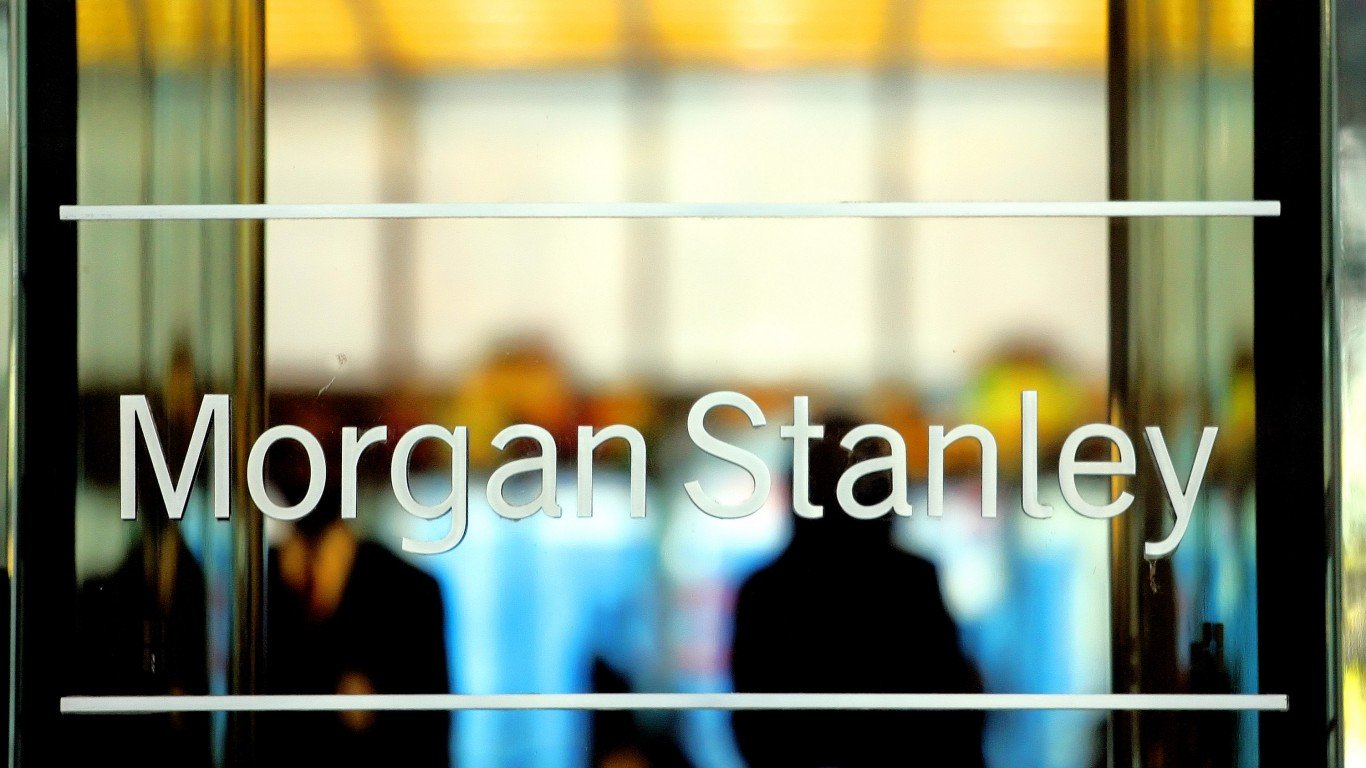

After late Tuesday into early Wednesday negotiations, the Republican Senate, the Democratic House and the White House have announced an agreement on a $2 trillion economic stimulus package to help offset the impact of the spread of COVID-19 throughout the United States. The broad agreement is now being jammed into legalese before it can be put to a vote in the Senate.
If, as expected, the Senate approves the bill, it will go to the House, which must approve it exactly as provided by the Senate or refer any changes back to the Senate for another vote. Given that House and Senate leadership have agreed on the main points, the latter scenario seems unlikely.
Only the broad strokes of the stimulus package, which could more properly be called a relief package, are currently available, with details expected by noon or so on Wednesday. Big businesses are expected to receive about $500 billion in loans and other assistance. State and local governments are also expected to be able to draw on that amount.
Small businesses are expected to receive some $350 billion in assistance. That has most often been talked about as short-term 0% loans, some of which may be forgiven.
Individuals can expect direct payments of $1,200 per adult and $500 per child per household. Senator Chuck Schumer (D-NY) said the checks would be written on April 6.
Unemployment insurance will be expanded to include more workers, while benefits will be extended to four months and increased by $600 a week.
There are a few strings attached, too. Any publicly held company receiving a federal loan would not be able to repurchase stock until the loan has been repaid for a full year. The companies would also be required to limit executive bonuses. A proposed ban on dividends was apparently not included and neither was a grant-for-equity deal that would have required firms to issue preferred stock to the federal government in exchange for ready cash.
Treasury Secretary Steven Mnuchin will have to disclose the terms of any loans or other aid to companies, and a new Treasury inspector general would oversee the lending program.
Finally, no business owned by either the president or his family is eligible to receive loans from the program. Any businesses owned by Vice President Pence, members of Congress, and heads of presidential administration departments are likewise banned from receiving federal aid under the program.
U.S. airlines have been specifically mentioned as the recipients of aid totaling around $50 billion. On Tuesday, Reuters reported that unnamed sources said the relief package for the airlines included $31 billion in grants that passenger airlines ($25 billion), cargo carriers ($4 billion) and contractors ($3 billion) would use to meet payroll costs plus another $29 billion in loans for passenger and cargo carriers.
Delta Air Lines Co. (NYSE: DAL) saw its credit rating drop to junk levels on Tuesday when S&P downgraded more than $7 billion in the airline’s corporate bonds. The other ratings agencies have not changed their investment-grade ratings, but both are revisiting their outlooks.
Both Delta and United Airlines Holdings Inc. (NASDAQ: UAL), which said Tuesday that it plans to cut service by 60% next month in an effort to preserve cash, have seen their share prices jump by more than 10% Wednesday morning. Including Wednesday’s boost, Delta’s shares traded down about 48% year to date in the late morning, while United’s shares traded down more than 58% for the year to date.
Stocks in the Detroit Three automakers remain down by 40% to 50% for the year to date but were surging Wednesday morning on the news of the relief package. Ford Motor Co. (NYSE: F) traded up more than 11%, while General Motors Co. (NYSE: GM) was up about 2.8%. Fiat Chrysler Automobiles N.V. (NYSE: FCAU) was up about 1.6%.
Boeing Co. (NYSE: BA) saw a share price jump of more than 25% Wednesday. Company CEO David Calhoun said on Tuesday that Boeing would not accept any government money that required the company to dish out equity. He apparently got his way, unless there is something in the negotiated deal that hasn’t been made public yet.
Neither Caterpillar Inc. (NYSE: CAT) nor General Electric Co. (NYSE: GE), two other U.S. industrial mainstays, saw any significant boost from the deal. Caterpillar stock traded up about 0.5% and GE shares were about 3% higher.
Hoteliers like Hilton Inc. (NYSE: HLT), MGM Resorts International (NYSE: MGM) and Eldorado Resorts Inc. (NASDAQ: ERI) also got a boost. Hilton traded up more than 5%, MGM traded more than 8% higher and Eldorado was up around 17%. The banks behind Eldorado’s deal to acquire Caesars have had trouble selling mortgage-backed securities, but the Fed announcement Monday and the relief package are big positives for Eldorado.
Cruise line stocks were also getting a boost as investors assume that these companies, too, will apply for federal relief funds. Royal Caribbean Cruises Ltd. (NYSE: RCL) traded up about 17% Wednesday morning. Carnival Corp. (NYSE: CCL) traded nearly 8% higher and Norwegian Cruise Line Holdings Ltd. (NYSE: NCLH) traded up 23%.
Sponsored: Find a Qualified Financial Advisor
Finding a qualified financial advisor doesn’t have to be hard. SmartAsset’s free tool matches you with up to 3 fiduciary financial advisors in your area in 5 minutes. Each advisor has been vetted by SmartAsset and is held to a fiduciary standard to act in your best interests. If you’re ready to be matched with local advisors that can help you achieve your financial goals, get started now.
Thank you for reading! Have some feedback for us?
Contact the 24/7 Wall St. editorial team.
 24/7 Wall St.
24/7 Wall St.


